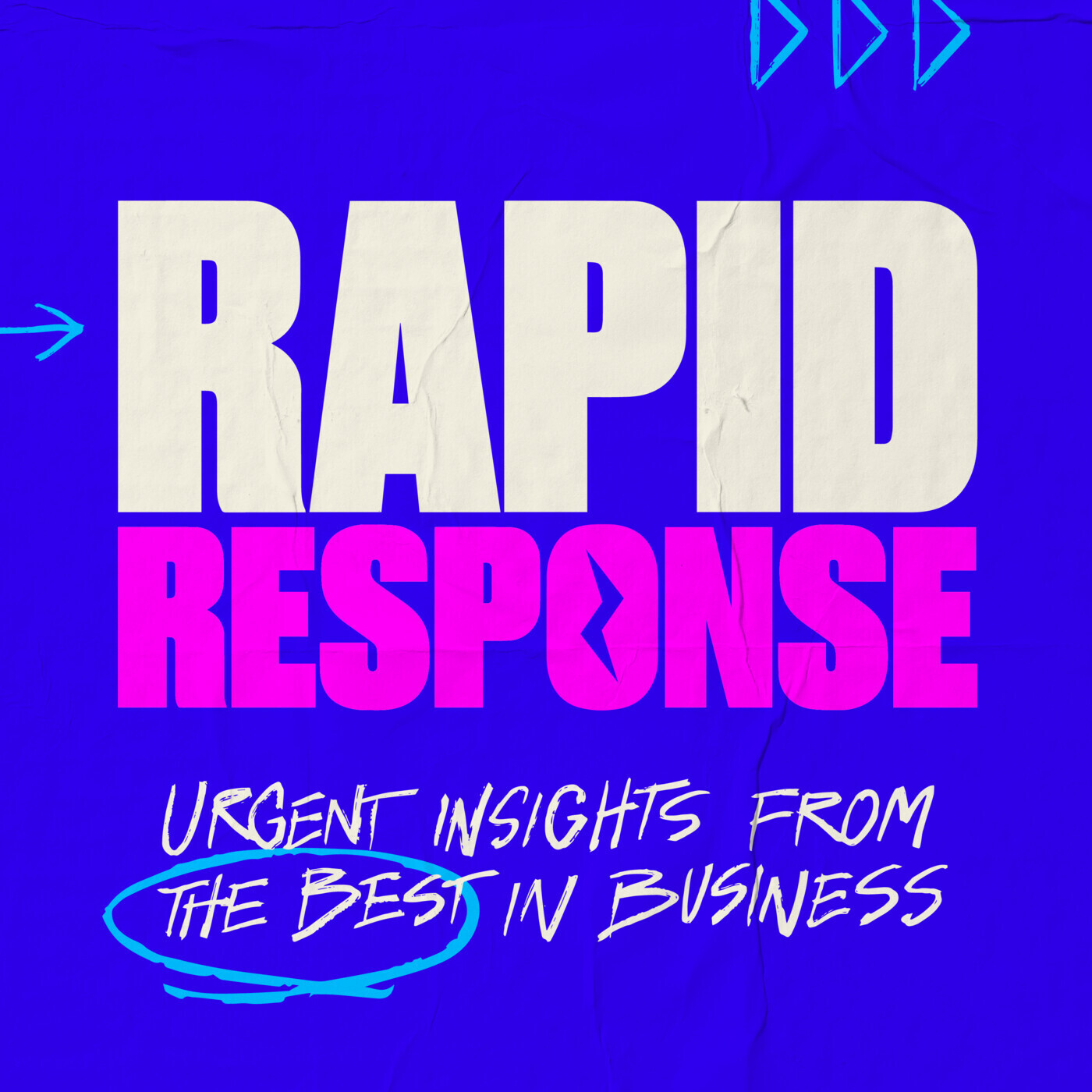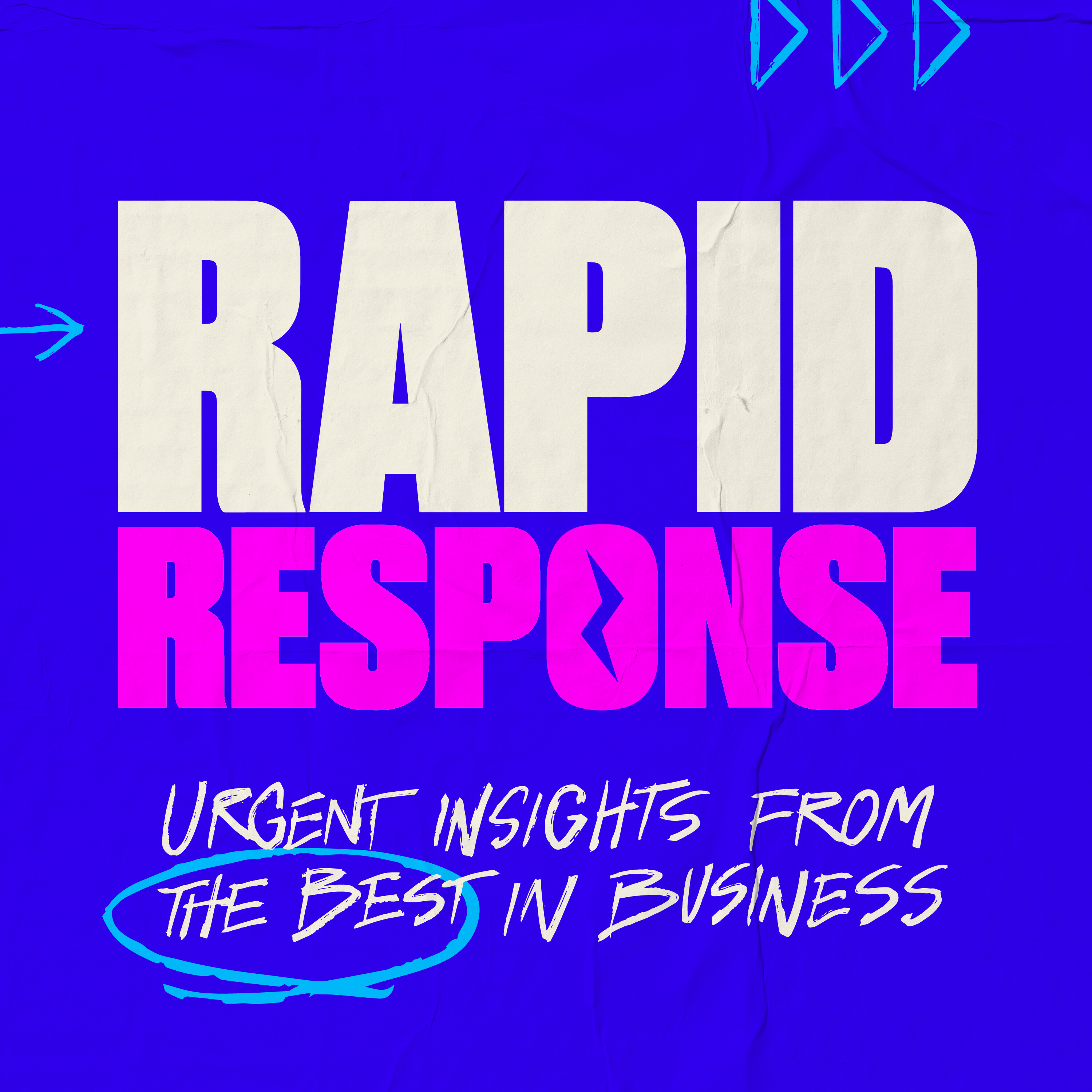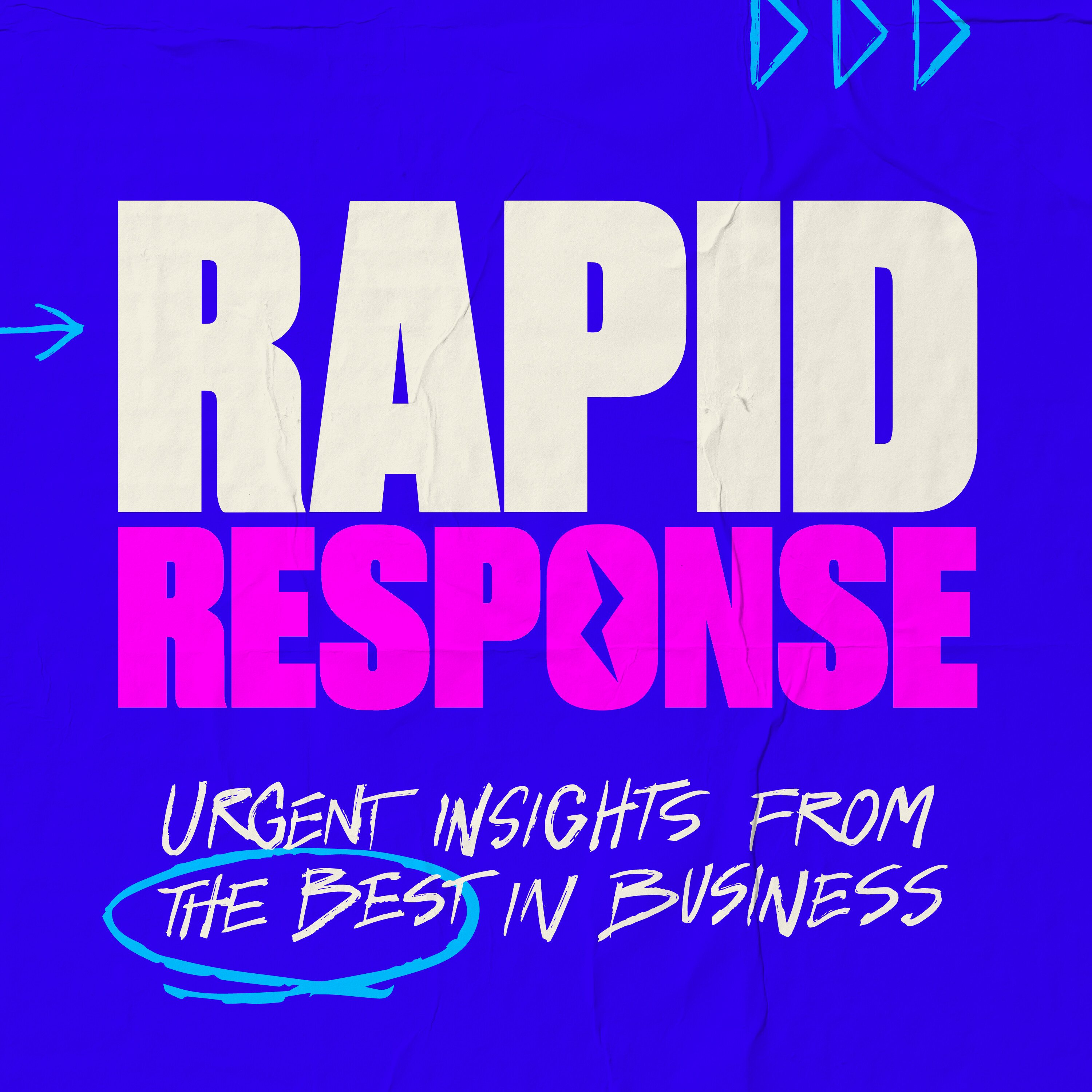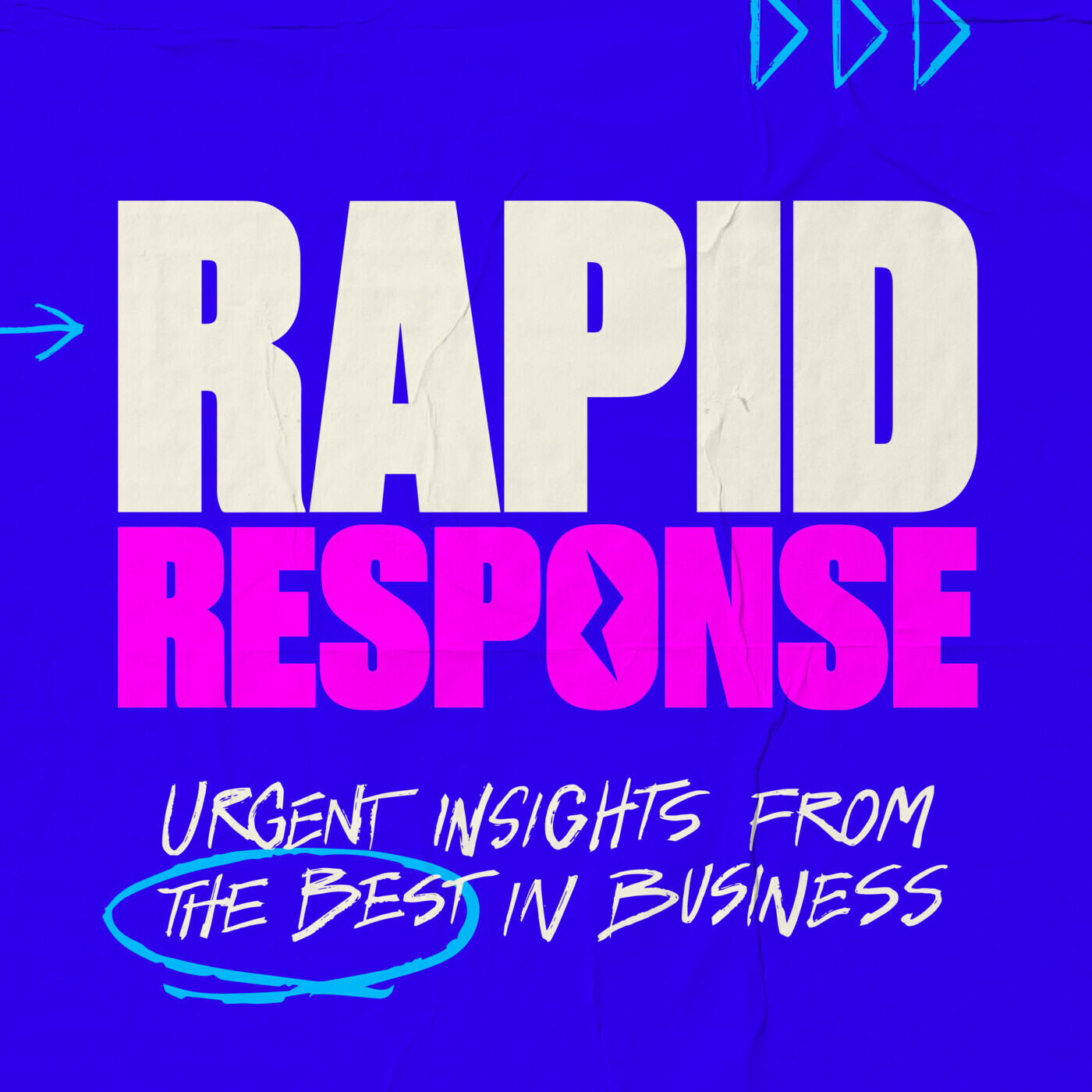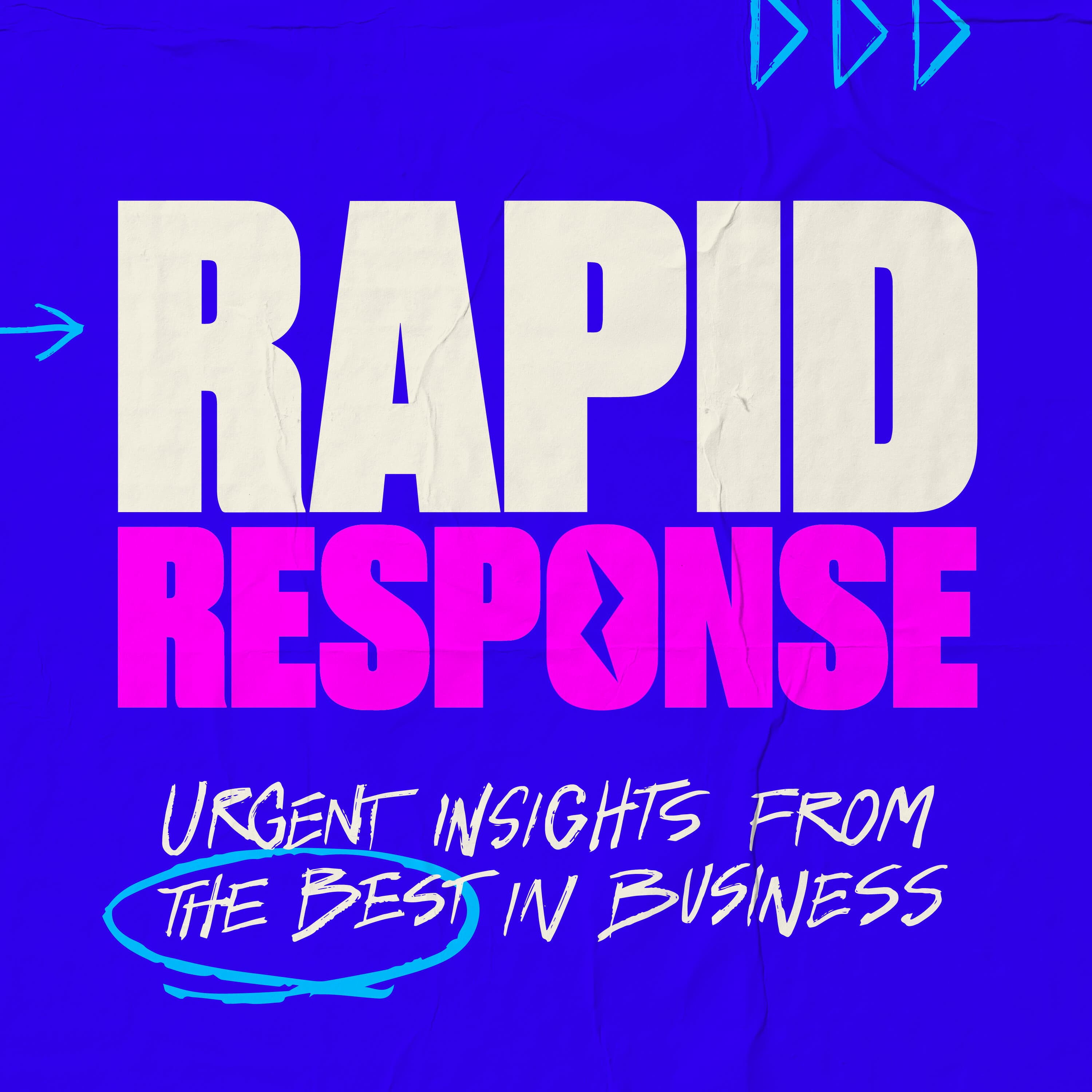
September 17, 2024 • 26min
From Taylor Swift to the Emmys, lessons in celebrity, with The Ankler’s Janice Min
Masters of Scale
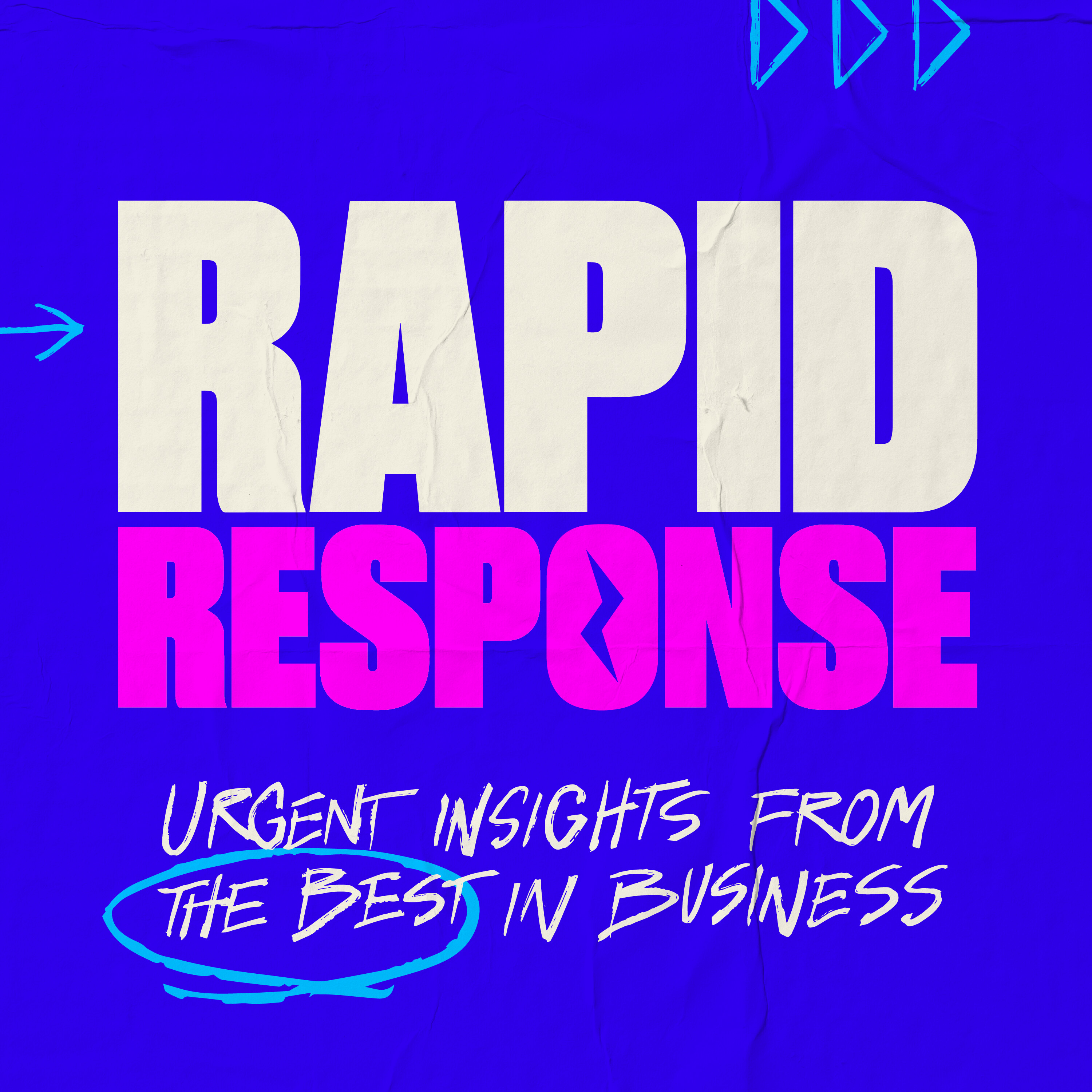
Key Takeaways
- The Emmy Awards revealed shifting dynamics in the TV industry, with FX and Netflix outperforming HBO, signaling changes in prestige TV production
- Taylor Swift's endorsement of Kamala Harris highlights the evolving role of celebrity political endorsements and their potential impact
- There is growing pressure on celebrities and business leaders to remain politically neutral to avoid alienating audiences/customers
- The entertainment industry remains largely Democratic-leaning, but with a "quiet hidden pony" of Republican support
- Kamala Harris has emerged as an unexpected political "star", demonstrating the unpredictable nature of what resonates with audiences
- Media companies face challenges in balancing political coverage with other content as the election approaches
Introduction
In this episode of Rapid Response, host Bob Safian speaks with Janice Min, co-founder and CEO of The Ankler, about recent developments in the entertainment industry and celebrity world. The conversation covers the Emmy Awards, Taylor Swift's political endorsement, and broader trends around celebrity involvement in politics. Min provides insider perspective on how Hollywood is navigating the current political and cultural landscape.
Topics Discussed
Emmy Awards and TV Industry Trends (02:12)
The discussion begins with an analysis of the recent Emmy Awards ceremony and what it revealed about the current state of the television industry:
- This year featured two Emmy ceremonies due to delays from industry strikes
- The awards highlighted shifting dynamics, with FX and Netflix outperforming traditional powerhouse HBO
- Prestige TV production is declining in favor of either big swings on known IP or cheaper, high-volume content
- Min notes: "You're not going to see shows like this for several years now...this idea of prestige television right now is like a dirty word."
- HBO's diminished presence at the awards and afterparties reflects its changing position in the industry
- The Emmys themselves struggle with relevance, catering more to industry insiders than general audiences
Taylor Swift's Political Endorsement (14:25)
The conversation shifts to Taylor Swift's recent endorsement of Kamala Harris and its implications:
- Swift posted an Instagram endorsement after the recent debate, likely coordinated with the Harris campaign
- The endorsement was partly motivated by fake AI-generated content claiming Swift supported Trump
- Swift's massive influence makes this endorsement particularly significant
- Min observes: "If you could just pour kerosene on a group of voters to get them to take action, that was it."
- The endorsement highlights generational divides and the potential to mobilize younger voters
Celebrity Political Involvement (15:42)
Min discusses how celebrity engagement in politics has evolved:
- Overall, celebrity political involvement has become more restrained and strategic
- There's less of celebrities offering uninformed opinions on complex policy issues
- The approach of showcasing numerous celebrity endorsements (as with Hillary Clinton's campaign) has fallen out of favor
- Taylor Swift is seen as a unique case due to her overwhelming popularity and influence
- Late-night TV hosts vary in their approach to political content, potentially reflecting network priorities and audience demographics
Hollywood's Political Leanings (20:03)
The discussion explores the political landscape within the entertainment industry:
- Hollywood remains predominantly Democratic-leaning, especially among industry leadership
- There is a "quiet hidden pony" of Republican support, but many fear being blacklisted for openly supporting Trump
- Min notes: "I think it's a one horse town with a very quiet hidden pony. People really do fear they will get blacklisted if for being overtly supportive of Donald Trump."
- Industry concerns about racism and workplace culture make it difficult to publicly support certain candidates
- Trump's celebrity supporters tend to come from outside mainstream Hollywood
Pressure for Political Neutrality (22:07)
The conversation touches on the growing pressure for celebrities and public figures to remain politically neutral:
- Many celebrities, like NFL quarterback Patrick Mahomes, are declining to state political positions
- Corporate sponsorships and broad fan bases create incentives for neutrality
- Min observes: "The incentives to come out and state your political position are so small now. What do you gain?"
- The risks of taking a political stance are increasingly clear to both celebrities and CEOs
- Few public figures can withstand potential backlash from polarizing political figures like Trump
Media Coverage of Politics (24:45)
Min discusses the challenges media companies face in covering politics:
- There's a tension between leaning into political coverage for ratings and potentially alienating audiences
- Politics has become a new form of entertainment, similar to how Trump's 2016 campaign captivated audiences
- Kamala Harris has emerged as an unexpected political "star"
- Min reflects: "You can't fabricate stardom in the way that it was maddening for some people to see Trump capture the imagination in 2015, 2016. That you're seeing that with Kamala Harris too, that's something you can't fabricate."
- The unpredictable nature of what resonates with audiences applies to both politics and entertainment
Conclusion
The conversation between Bob Safian and Janice Min highlights the complex interplay between entertainment, celebrity, and politics in the current cultural landscape. Key themes that emerge include:
- The shifting dynamics of the television industry, with traditional powerhouses like HBO facing new challenges
- The evolving role of celebrity political endorsements, exemplified by Taylor Swift's recent actions
- Growing pressure on public figures to remain politically neutral to avoid alienating audiences or sponsors
- The predominantly Democratic leanings of Hollywood, with a quieter undercurrent of Republican support
- The unpredictable nature of what resonates with audiences, whether in entertainment or politics
- Challenges faced by media companies in balancing political coverage with other content
Overall, the discussion underscores the importance of staying attuned to cultural currents and the intangible factors that contribute to success in both entertainment and politics. As Min notes, the inability to fully predict or manufacture "star power" - whether for a TV show, movie, or political candidate - remains one of the most intriguing aspects of these industries.

